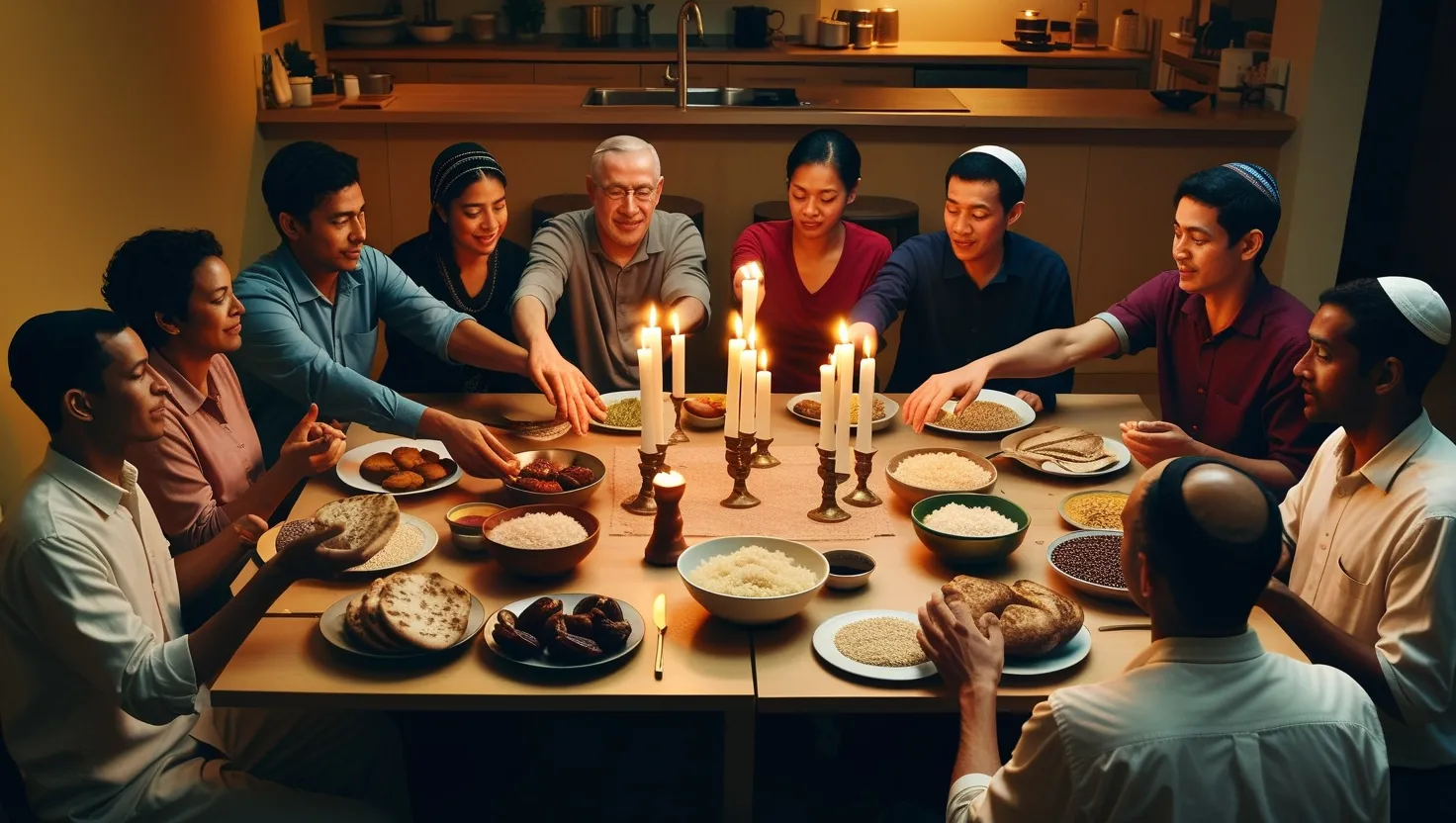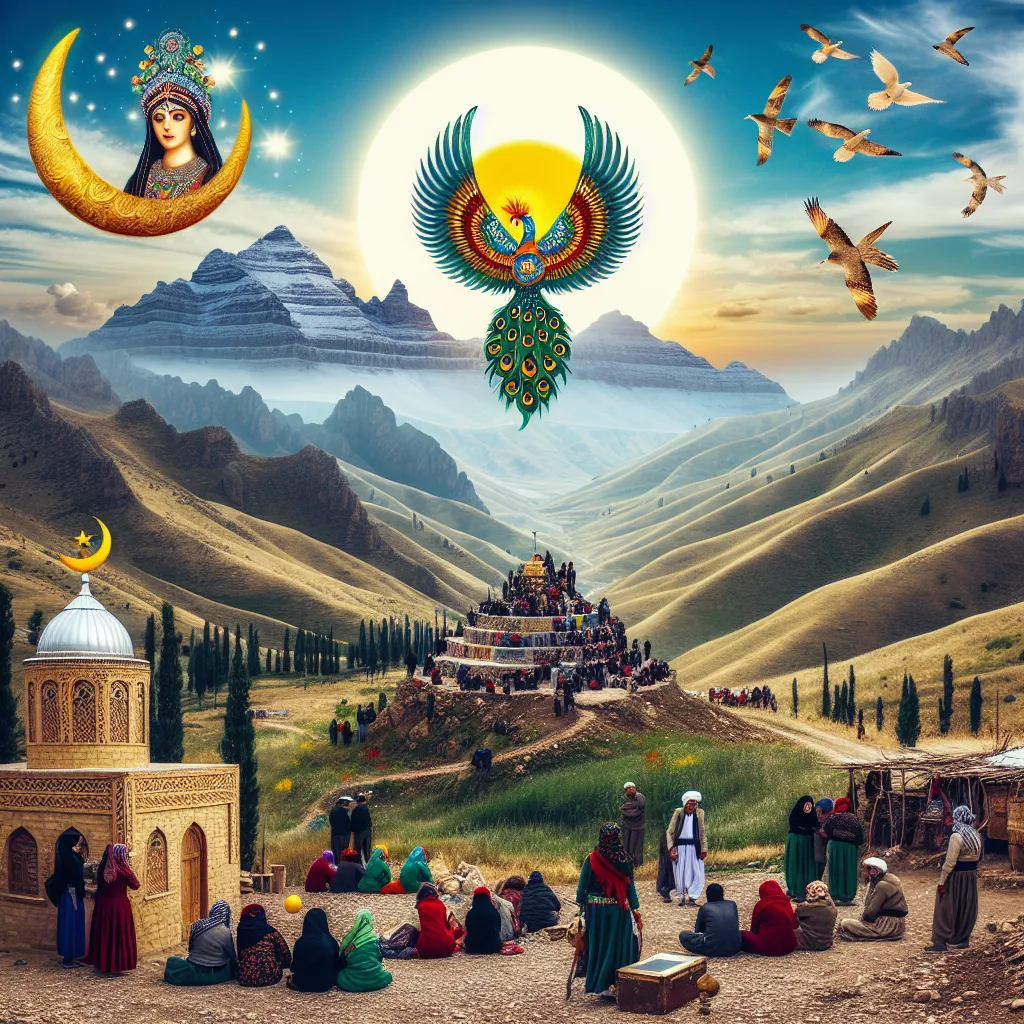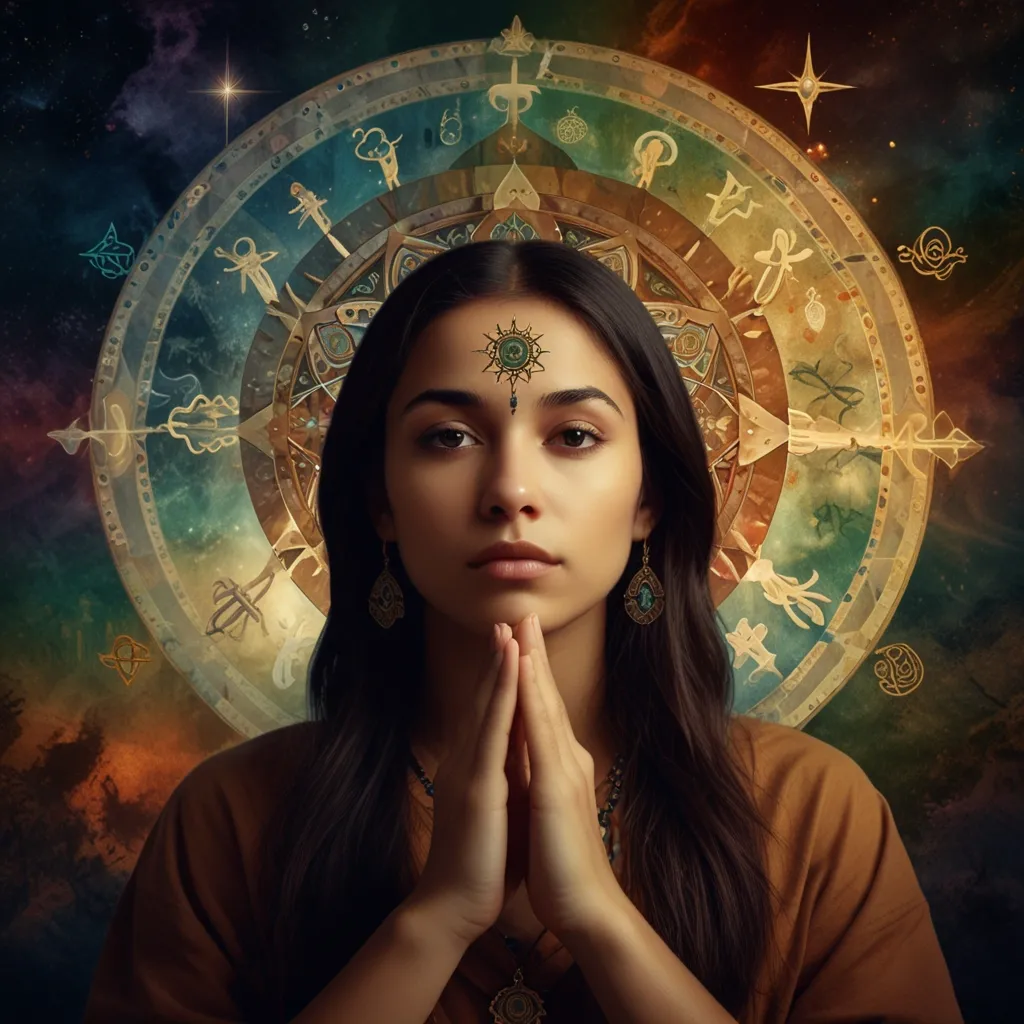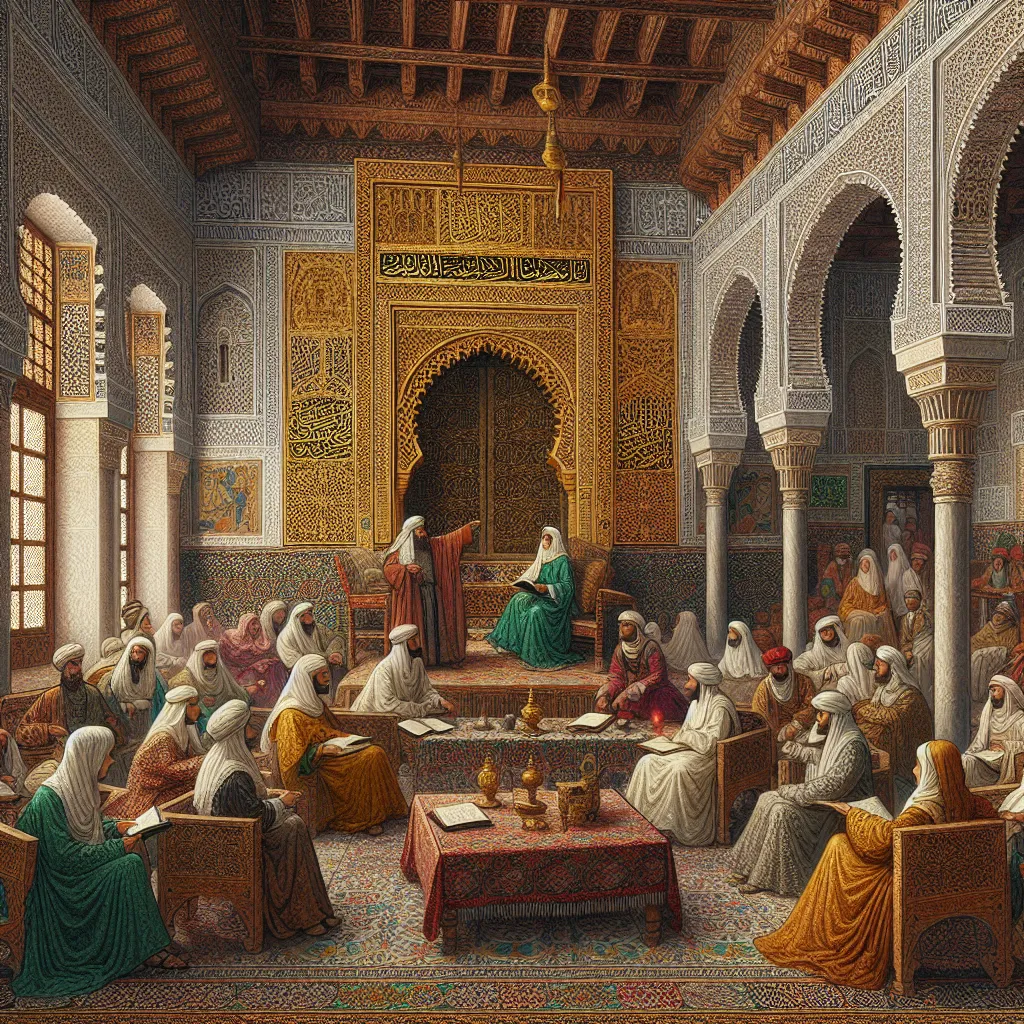So, let’s clear up the confusion between religions and cults. Both involve groups of people who share common beliefs and practices, but they aren’t the same thing. Here’s the lowdown on what sets them apart.
Religions are the big players that everyone knows about. They’ve been around forever and have earned their place in society. Picture Christianity, Islam, or Buddhism. These religions have deep roots, structured rules, and traditions that have stood the test of time. They’re legit, with sacred rituals and a higher power worshipped by millions.
Cults, on the other hand, are the underground indie bands of the belief world. They usually have a smaller following and a controversial reputation. Most cults revolve around a single charismatic leader who holds serious sway over their members. They tend to be super restrictive, dictating nearly every part of their followers’ lives. Think of the Jonestown tragedy led by Jim Jones or David Koresh’s Branch Davidians who ended in disaster.
One big difference is how these groups treat their members. Religions tend to promote critical thinking and let followers question the faith. Cults? Not so much. They’re more about control, using financial pressure, surveillance, and sometimes even emotional or physical abuse to keep followers in check.
Society’s view of these groups matters too. Religions often get the nod of respectability and dignity. Cults, however, get tagged as harmful and manipulative. But this perspective isn’t set in stone. Remember, even Christianity was once seen as a cult by the Romans before becoming one of the largest religions in the world.
The word “cult” itself has shifted meanings over time. It used to just mean a religious group that worshipped a specific deity or saint. Nowadays, it’s a broader term for any group with socially weird or deviant beliefs and practices, including some political movements and lifestyle communities.
Interestingly, many major religions also started out as small, unconventional groups often labeled as cults. Over the years, they grew and gained acceptance. So, what’s the real difference? Some would say it boils down to time and societal acceptance.
To wrap it up, while both religions and cults revolve around shared beliefs, they’re quite different. Religions are usually structured, recognized by society, and respectful of personal freedom. Cults, meanwhile, tend to be more about control and controversy, often concentrating their power around a single leader. Knowing these differences helps us appreciate the rich tapestry of human beliefs and how they shape our world.






